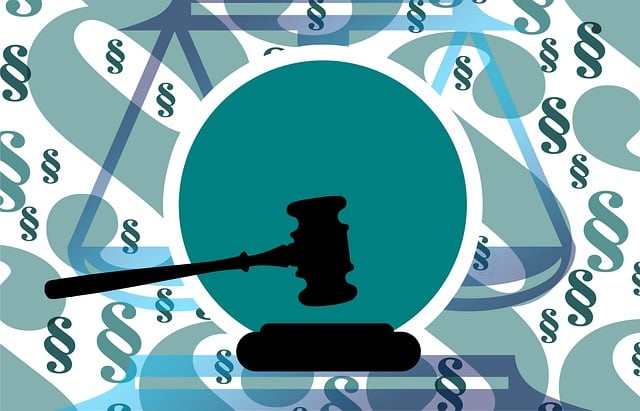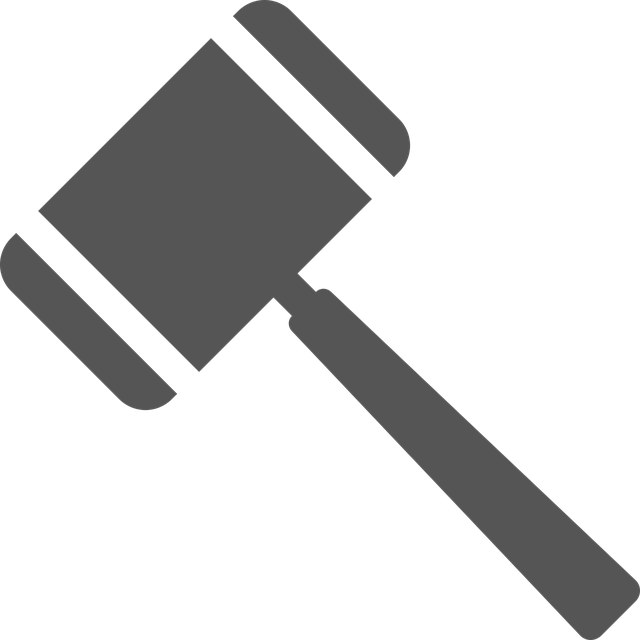Healthcare institutions navigate complex data privacy and security challenges in the digital age, balanced by regulatory transparency. Case studies in securities exchange regulation guide robust cybersecurity, ethical data handling practices, and effective contract management. Global healthcare's interconnectedness presents legal complexities demanding harmonized yet sovereign legal frameworks, as evidenced by successful defense verdicts.
“Navigating healthcare’s legal landscape is a delicate balance between patient privacy, medical innovation, and ethical decisions. This comprehensive guide delves into critical issues shaping the industry today. From data privacy concerns—striving for equilibrium between patient confidentiality and access—to the regulation of medical devices, ensuring both safety and fostering advancement.
We explore the intricacies of healthcare contracts, common challenges in drafting and enforcement, and real-world ethical dilemmas through case studies. Additionally, a global perspective reveals cross-border legal complexities, offering valuable insights for professionals navigating the dynamic world of healthcare law, including relevant case studies in securities exchange regulation.”
- Data Privacy: Balancing Patient Confidentiality and Access
- Medical Device Regulation: Ensuring Safety and Innovation
- Healthcare Contracts: Drafting, Negotiation, and Enforcements Challenges
- Ethical Dilemmas: Case Studies in Research and Treatment Decisions
- Global Perspectives: Cross-Border Healthcare Legal Issues
Data Privacy: Balancing Patient Confidentiality and Access

In today’s digital age, healthcare institutions face a delicate balancing act when it comes to data privacy. On one hand, upholding patient confidentiality is paramount, ensuring that sensitive medical records remain secure and accessible only to authorized personnel. This is not just a legal requirement but also a cornerstone of trust between patients and healthcare providers. However, this privacy must be carefully managed to allow for necessary access, especially in case studies involving securities exchange regulations where transparency and accountability are crucial. Striking the right balance has become increasingly complex with the rise of telemedicine and electronic health records, requiring robust data security measures to protect against cyber threats while enabling authorized sharing of information for treatment continuity and research purposes.
The challenge is further exacerbated by the expectations of philanthropic and political communities that demand unprecedented track records in patient data protection. Healthcare organizations must not only comply with stringent regulations but also demonstrate a commitment to ethical data handling practices. Achieving extraordinary results in this domain involves implementing advanced encryption technologies, role-based access controls, and comprehensive training programs for staff on privacy protocols. Such proactive measures not only safeguard patient information but also foster public trust, ensuring that healthcare institutions remain accountable while leveraging technology for improved patient care and outcomes.
Medical Device Regulation: Ensuring Safety and Innovation

Medical Device Regulation plays a pivotal role in balancing the need for patient safety with fostering innovation within the healthcare industry. The Securities Exchange Commission (SEC), drawing from its experience in regulating high-stakes cases across the country, has been at the forefront of this delicate task. By implementing stringent standards and guidelines, they ensure that medical devices undergo rigorous testing and evaluation before reaching the market. This process involves detailed case studies examining product safety, efficacy, and potential risks, mirroring the approach taken for white collar and economic crimes.
The regulatory framework not only safeguards patients by preventing harm from defective or poorly designed devices but also encourages innovation. Manufacturers are motivated to invest in research and development, knowing that their products will be subject to transparent and fair scrutiny. This balance is crucial for advancing medical technology while ensuring patient well-being, especially as new innovations emerge, shaping the healthcare landscape across the country.
Healthcare Contracts: Drafting, Negotiation, and Enforcements Challenges

Healthcare contracts are intricate legal documents that present unique challenges during drafting, negotiation, and enforcement. These agreements, often involving complex medical services and products, require meticulous attention to detail to ensure compliance with various regulations. One significant hurdle is balancing the interests of all parties while addressing potential risks and liabilities. For instance, negotiating terms related to intellectual property rights or data privacy can be delicate, requiring a deep understanding of both legal and industry-specific nuances.
Case studies in securities exchange regulation highlight the importance of robust contract management. Effective drafting involves clear definitions, precise scopes, and specific performance metrics. During negotiation, strategic approaches, including creative problem-solving and mutually beneficial concessions, are essential to reaching agreeable terms. Moreover, successful enforcement relies on a thorough grasp of all stages of the investigative and enforcement process, leveraging an unprecedented track record of winning challenging defense verdicts.
Ethical Dilemmas: Case Studies in Research and Treatment Decisions

Ethical dilemmas are a significant aspect of healthcare legal issues, particularly when considering case studies in securities exchange regulation. These scenarios often involve complex research and treatment decisions that impact both corporate and individual clients. For instance, pharmaceutical companies may face challenges balancing the potential benefits of new drugs with the risks of adverse effects, especially when marketing to diverse patient populations.
In navigating these ethical quagmires, professionals must also be mindful of the legal implications. White-collar and economic crimes, such as fraud and deceit in clinical trials, can lead to severe consequences, including avoiding indictment through proactive compliance measures. By studying real-world case studies, healthcare practitioners can gain insights into the intricate interplay between ethical considerations and regulatory requirements, ultimately fostering more responsible decision-making processes.
Global Perspectives: Cross-Border Healthcare Legal Issues

The global healthcare landscape is increasingly interconnected, with patients and providers navigating across borders in search of specialized care and innovative treatments. This presents a complex web of legal issues that transcends traditional jurisdictional boundaries. From cross-border data sharing to international drug regulation, understanding the nuances of different legal frameworks is paramount for ensuring ethical and compliant practices. For instance, case studies in securities exchange regulations highlight the challenges of protecting patient privacy while facilitating global pharmaceutical research and development.
Addressing these complexities requires a delicate balance between facilitating international collaboration in healthcare and upholding stringent legal standards. The respective business, philanthropic, and political communities play pivotal roles in navigating these waters by fostering agreements that harmonize regulations while respecting sovereignty. Moreover, successful winning challenging defense verdicts in this domain underscores the importance of robust legal frameworks and their adaptive capacity to meet the evolving demands of globalized healthcare.
In navigating the complex landscape of healthcare legal issues, from data privacy to medical device regulation and ethical dilemmas, understanding the intricacies of global perspectives is crucial. As seen through various case studies, including those under the securities exchange regulation framework, the balance between patient confidentiality and access, safety and innovation, as well as ethical considerations, must be carefully struck. Effective drafting, negotiation, and enforcement of healthcare contracts are essential to fostering a robust yet responsible healthcare system that adapts to evolving global standards.






